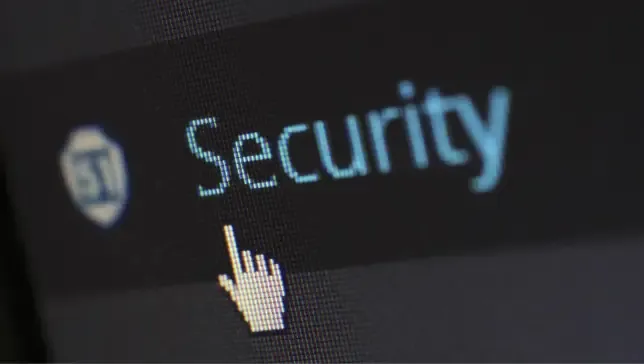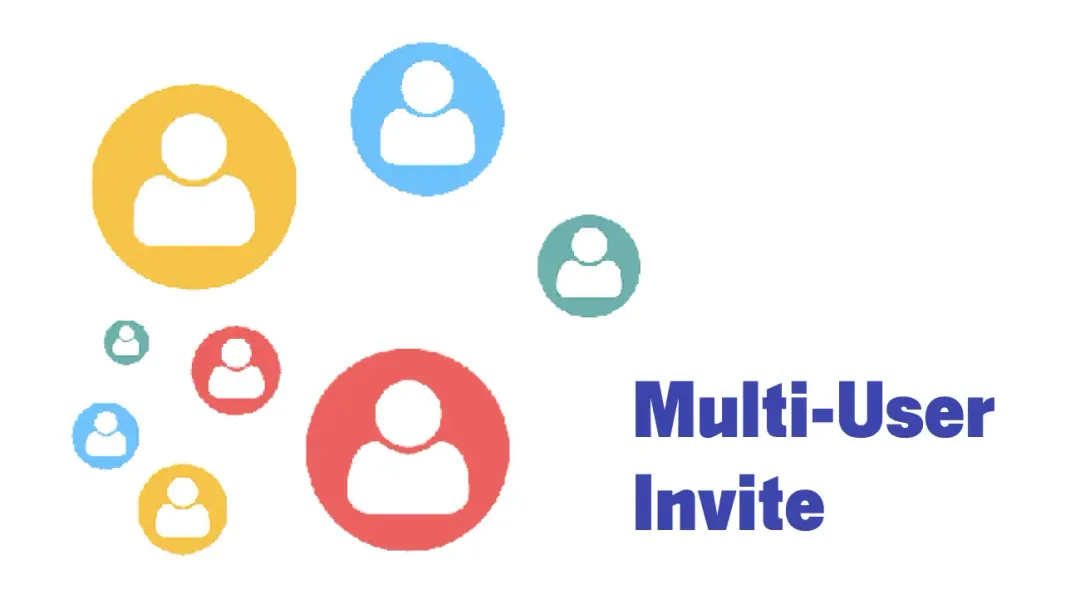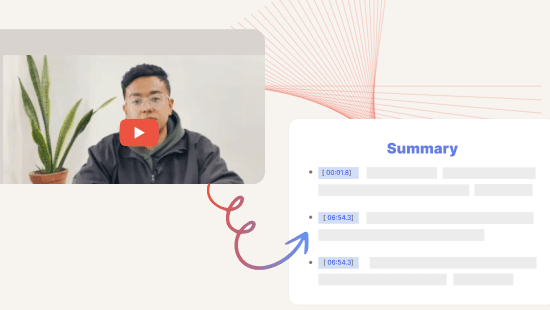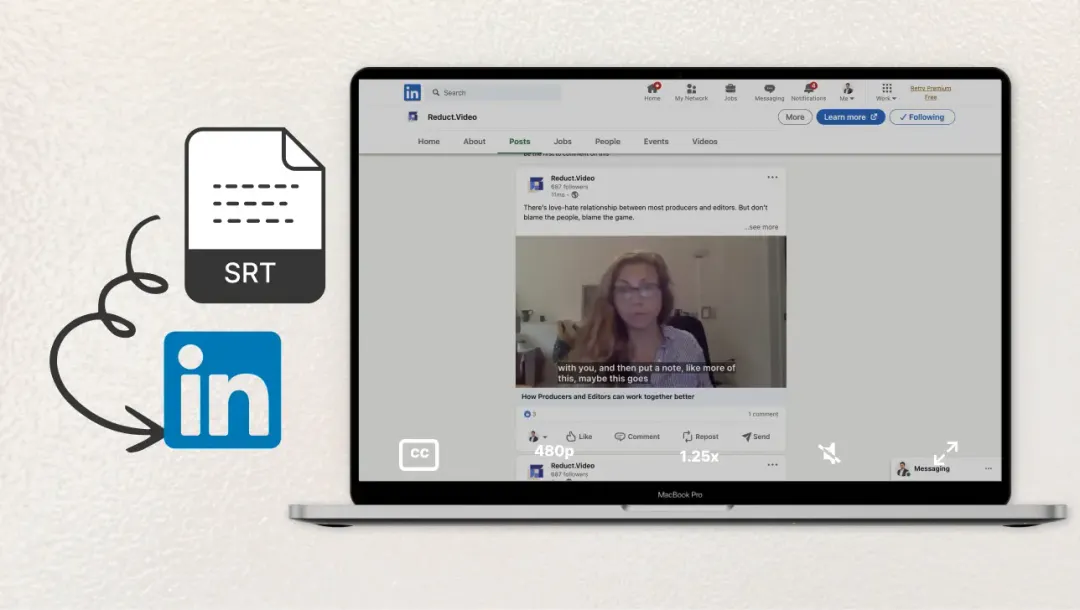Security in Captioning Softwares
January 2022
·
3 min read

In 2021, a well-known captioning software OpenSubtitles suffered a security breach that impacted 6.7 million users. Hackers gained access to the company's database stealing a large amount of sensitive data, including names, emails, IP addresses, user geolocation, and password.
The owner admitted that he did not spend enough on security and that users with weak passwords were especially at risk of the attack.
The impact of this security breach was significant, as it left many users feeling vulnerable and concerned about the safety of their personal information.
Does this mean you shouldn’t use captions?
Captioning software generates text for video content. The text is then synced with the audio and displayed on the screen.
The benefits are not just obvious, but also backed by research. 69% of viewers watch videos without sound in public places.
As more and more content is consumed online, and the demand for accessible content grows, captioning software has become increasingly popular.
There are plenty of free captioning softwares you can use. But very few of us are aware of the security risks.
There’s a probability that these software share your information with third parties and steal your intellectual property. So, it is essential to consider the authenticity of these tools.
We have listed three major security threats you should be aware of as a user.
1. Data privacy
Online captioning software collects and stores user data, such as audio and video files and transcripts, on their servers. This can raise concerns about data privacy, as the software company may have access to sensitive information.
It's important to carefully read the captioning software’s privacy policy and make sure the company has measures and policies in place to protect your data from being accessed by unauthorized individuals.
2. Phishing attacks
It's possible for hackers to create fake online captioning software websites that look legitimate in order to trick users into entering their login credentials or personal information, and upload their sensitive videos for captioning.
These hackers can then blackmail you for ransom.
To protect against this threat, be sure to verify the authenticity of the website and do not enter sensitive information unless you are certain the website is legitimate.
You can learn to identify phishing emails and websites using Google’s phishing quiz.
3. Data breaches
When unauthorized individuals get access to a software’s database it’s called a data breach.
This could lead to the theft of personal information, such as names, addresses, and other personal information in your video, as well as financial data and other sensitive information.
So what security measures can we adopt while using captioning software? Some of them are:
-
If you are using a Desktop software like OpenSubtitles, regularly update the software with the latest security patches and updates. These updates often include fixes for known vulnerabilities, which can help to prevent hacking and other security threats.
-
Use strong passwords – long, complex, and unique. Make sure your passwords are different across accounts. Use a password manager to manage your passwords. This creates a security layer in case your other password gets compromised.
-
Select captioning software with encryption. Encryption involves the use of algorithms to encode data, making it unreadable to anyone without the proper decryption key. By encrypting data stored in captioning software, it becomes much more difficult for unauthorized individuals to access it.
-
Learn about security and digital privacy through training and self-education. Such programs can include information on how to create strong passwords, how to recognize and avoid phishing scams, and how to report any potential security issues.
Cloud-based captioning with Reduct
Reduct is a cloud-based video editor trusted by major brands and Fortune 500 companies to keep their videos and captions safe and secure. We maintain the highest standards of data privacy and security, and work with third-party firms to audit our security practices.
We've achieved SOC2 Type II certification, the gold standard for enterprise-grade security. This certification, along with our compliance with GDPR regulations and security features like data encryption, Single Sign-on (SSO), and Role-based access, means you can confidently upload your recordings to Reduct for captioning without worrying about the safety and security of your data.
Additionally, we offer tailored HIPAA compliant transcription services for clients in the healthcare industry.


